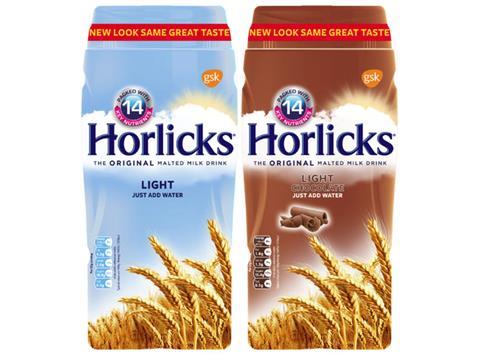
Pharmaceutical giant GlaxoSmithKline has announced plans to sell its Horlicks brand in the UK and to close the factory that manufactures the malt drink.
GSK said it would also sell its MaxiNutrition division, which manufactures the Maximuscle brand, along with other smaller “non-core” nutrition brands.
The move is part of a wider reorganisation, which will see it close its Horlicks factory in Slough, and outsource some manufacturing activity at its Worthing site.
Up to 320 permanent jobs are expected to be lost during the next four years, GSK said, adding it intended to undertake a strategic review of its cephalosporins antibiotics business, with an option to sell the business including the associated manufacturing facilities at Ulverston, Cumbria, Verona in Italy, and part of its Barnard Castle site.
GSK has also decided not to proceed with a previously planned £350m investment to build a biopharmaceutical facility in Ulverston as it no longer needs the additional capacity.
However, the business has pledged to invest more than £140m at its Ware, Hertfordshire, Barnard Castle, Co Durham, and Montrose, Scotland sites, to support expansion of manufacturing for respiratory and HIV medicines.
GSK said the investment was in addition to the £275m announced last year and the investment of more than £1.2bn in UK manufacturing since 2012.
The reorganisation is the first major move by new CEO Emma Walmsley, who joined the business in April and is seeking to shift the group’s focus from consumer products to growing its drugs pipeline. But the business stressed “none of the announcements made today by the company have resulted from the UK’s decision to leave the European Union”.
The decision to sell Horlicks in the UK, which (along with the MaxiNutrition business is worth a combined £30m a year to GSK), did not impact the Horlicks brand in India or South East Asia, which accounts for the vast majority of Horlicks’ global revenues.
“We are continuing to invest in science and our core businesses in the UK and we continue to see the UK as an attractive place for the life sciences industry,” said GSK president of global affairs Philip Thomson. “We are working constructively with the government and others to develop an ambitious plan for the sector as part of the UK’s new industrial strategy.”

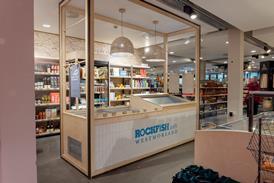



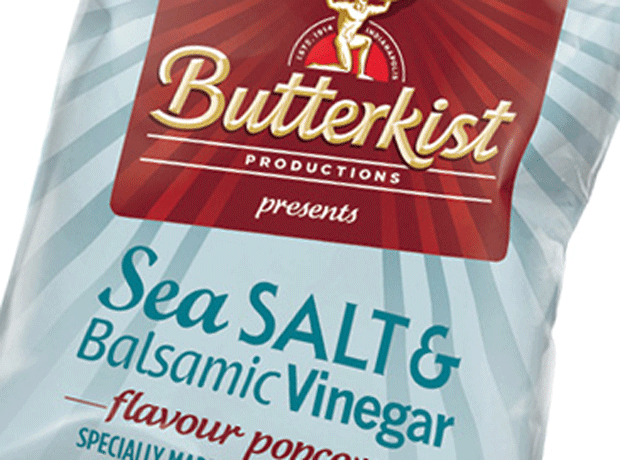



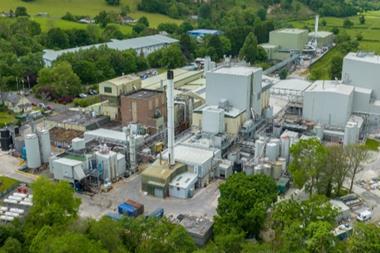
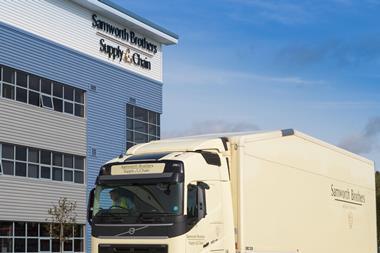
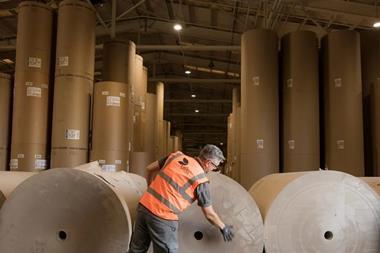
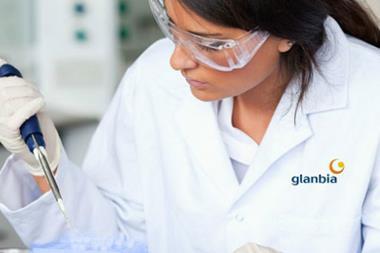


No comments yet